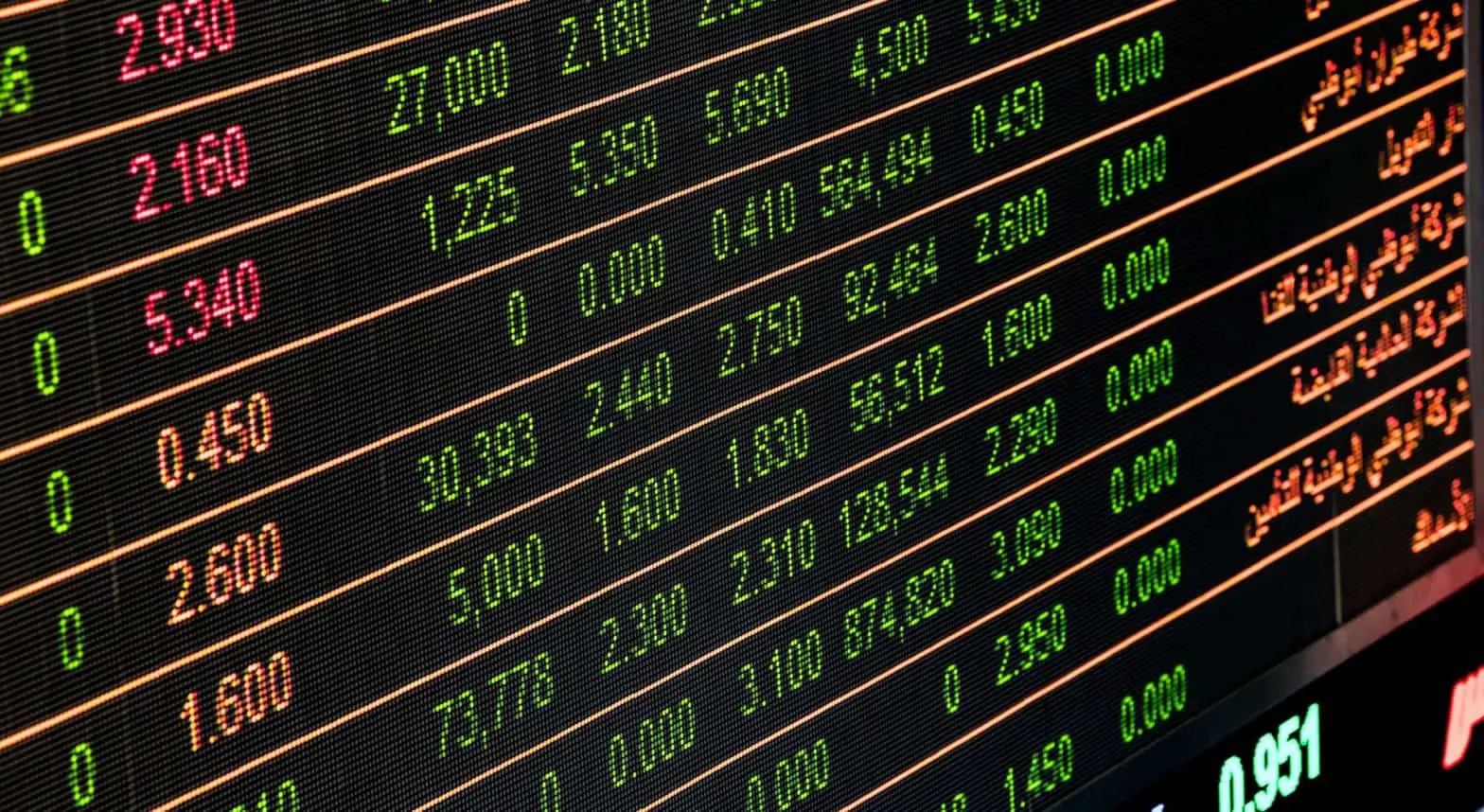Table of Contents
Generally speaking, people are not great at making stock market predictions. Some critics of forecasting will go so far as to say stock market forecasts are “wildly unsupported speculation.”
*This post may contain affiliate links. As an Amazon Associate we earn from qualifying purchases.
The fact is, no one can know with absolute certainty what will happen tomorrow. While short-term trends may lend themselves to some degree of forecasting accuracy, consistently accurate forecasts of market behavior are lacking.
Because the market is impacted by daily events, the inherent uncertainty of the world renders market predictions rather useless. A major press release or world event can undo any given day’s predictions.
What Kind of Stock Market Predictions You Can Actually Trust
While accurate daily predictions are a thing of fancy, as long as you don’t take them as gospel, some predictions may have some value to investors: probability-based and risk-based predictions. Probability market assessments factor in historical trends: if it happened once, the odds are it could happen again if the relevant variables align.
Taking a probabilities-based approach allows you to consider alternatives and devise contingency plans.
Risk-based predictions assess the risk of investing under certain conditions. Acknowledging risk under a certain set of conditions is quite different from making specific predictions about a given stock. Prices are disregarded when anyone predicts based on risk analysis.
If you’re wondering “how can I predict the behavior of my stocks?” there are a couple of methods you can add to your toolbox, but bear in mind specific and accurate predictions are often based on chance.
How to Make Sense of Stock Market Behavior
In short, market behavior is best characterized by Chaos Theory.
The stock market is aperiodic, meaning it never repeats itself in the exact same way. Like the seasons, there may be some degree of cyclicality or similarity from era to era, but day to day changes are never the same year after year.
Markets are also display a remarkable amount of instability. Stock market reactions can be disproportionate to the events that trigger fluctuations. Market behavior is influenced by a complex set of factors. When you look at the market in all its complexity, it’s no wonder pundit predications are as inaccurate as they are.
Dalbar, a financial services research firm, has concluded in multiple studies that average investors fail to achieve market-index returns. The 2015 version of the study found that “the average equity mutual fund investor underperformed the S&P by a wide margin of 8.19%. The broader market return was more than double the average equity mutual fund investor’s return (13.69% vs 5.5%).”
Understanding Investor Behavior and How Irrational Decision-Making Impacts the Market
Many economic theory is based on the belief that people exhibit rational behavior and make rational decisions. The basic assumption is that people make fully informed investment deacons, factoring in all relevant and available information at the point of decision. This is the foundation of the efficient market hypothesis.
Yet evidence suggests that rational behavior does not actually prevail when it comes to financial decision making. Behavioral finance emerged in order to understand how human emotions influence the decisions made by investors. Researchers in the field study phenomena such as loss-aversion, mental accounting, and overconfidence when it comes to financial decision making.
Here are some of the phenomena that influence stock market behavior and predictions:
Regret Theory
Fear of regret drives much of irrational behavior theory Investors don’t like to be wrong, so many will hang on to investments much longer than rational economic theory predicts they would. They hang on in order to avoid the regret of having made a poor investment decision. They also want to avoid investor FOMO – fear of missing out on popular stock investments.
Mental Accounting
People often create mental compartments that impact our behavior more than the events themselves. Mental accounting causes people to make irrational decisions, such as favoring immediate returns over greater long-term returns.
Prospect/ Loss-Aversion Theory
People exhibit different degrees of emotion to gains versus losses. Generally speaking, people are more loss-averse than they are reward motivated. People will take more risks to avoid losses than they will to realize gains.
Anchoring
In the absence of alternative information, investors often assume that market prices are correct. Historical, long-term trends and probabilities are often disregarded in favor of current price anchors.
Overconfidence
People generally overrate their abilities and overestimate their precision of knowledge. Many investors believe they can outperform the market, but overwhelming evidence proves otherwise.
How to Handle the Irrationality Factor When It Comes to Stock Market Predictions
The bottom line is that investor irrationality impacts the market. Irrational decisions produce inefficient markets and misplaced securities.
So, what should investors do in the face of market irrationally? Make an investment plan and stick to it. If you stick to your plan, market vagaries and random events are less likely to cause you to make irrational decisions. Markets tend to correct themselves over time, so taking a long-term investment strategy is one way to mitigate financial loss due to market inefficiency.
At the very least, abide by the golden rule of investing: nothing is set in stone.

